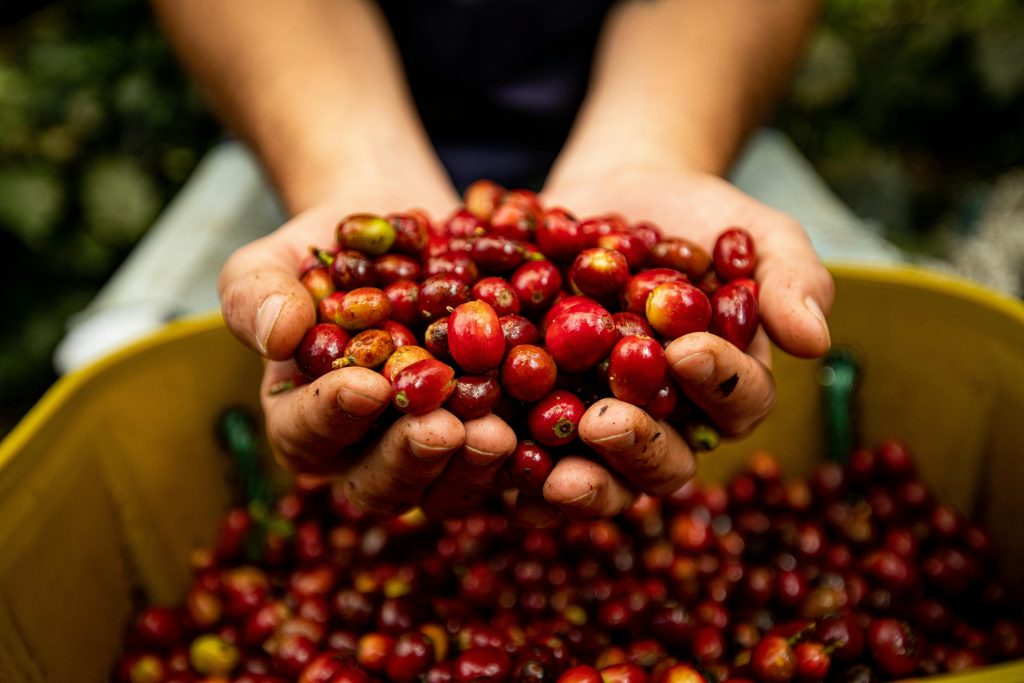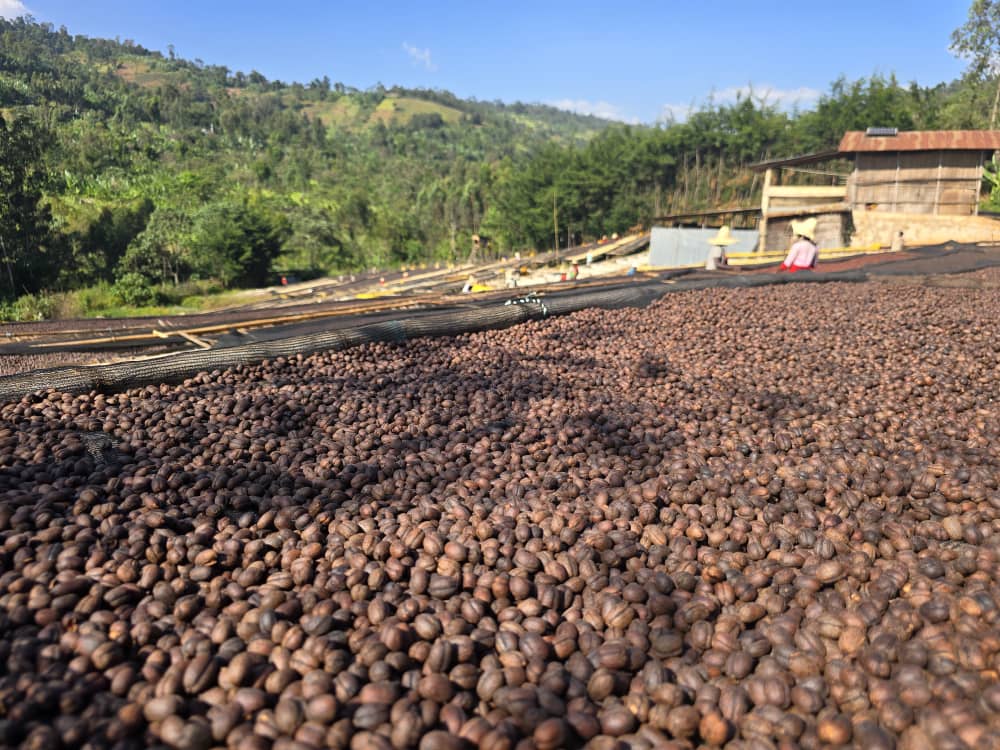Introduction
Ethiopia is not just another coffee origin — it is the birthplace of coffee. Coffee lovers across the globe recognize Ethiopia for its unique flavor profiles, ancient traditions, and deep-rooted cultural significance. The story of coffee begins here, and every sip tells a tale of history, heritage, and highlands.
The Legend of Kaldi
According to legend, a young goat herder named Kaldi noticed his goats dancing energetically after eating red berries from a particular tree. Curious, Kaldi tasted the berries himself and felt an unexpected boost in energy. Monks in a nearby monastery later used the berries to stay awake during long prayers — and thus, coffee was born.
Heirloom Varieties
Unlike other coffee-growing countries, Ethiopia is home to thousands of indigenous heirloom varieties that grow naturally. These beans are handpicked and sun-dried, maintaining their unique characteristics. It’s this biodiversity that gives Ethiopian coffee its complex, fruity, and floral notes.
Coffee as Culture
In Ethiopia, coffee is more than a drink — it’s a social and spiritual experience. The traditional coffee ceremony is a symbol of hospitality and community, involving roasting green beans, brewing them in a jebena (traditional clay pot), and sharing three rounds of coffee.
Global Recognition
Today, Ethiopia is one of the largest coffee producers in Africa and a favorite in the specialty coffee world. Its beans are often described as bright, aromatic, and flavorful — making them a staple for high-end cafés around the world.



